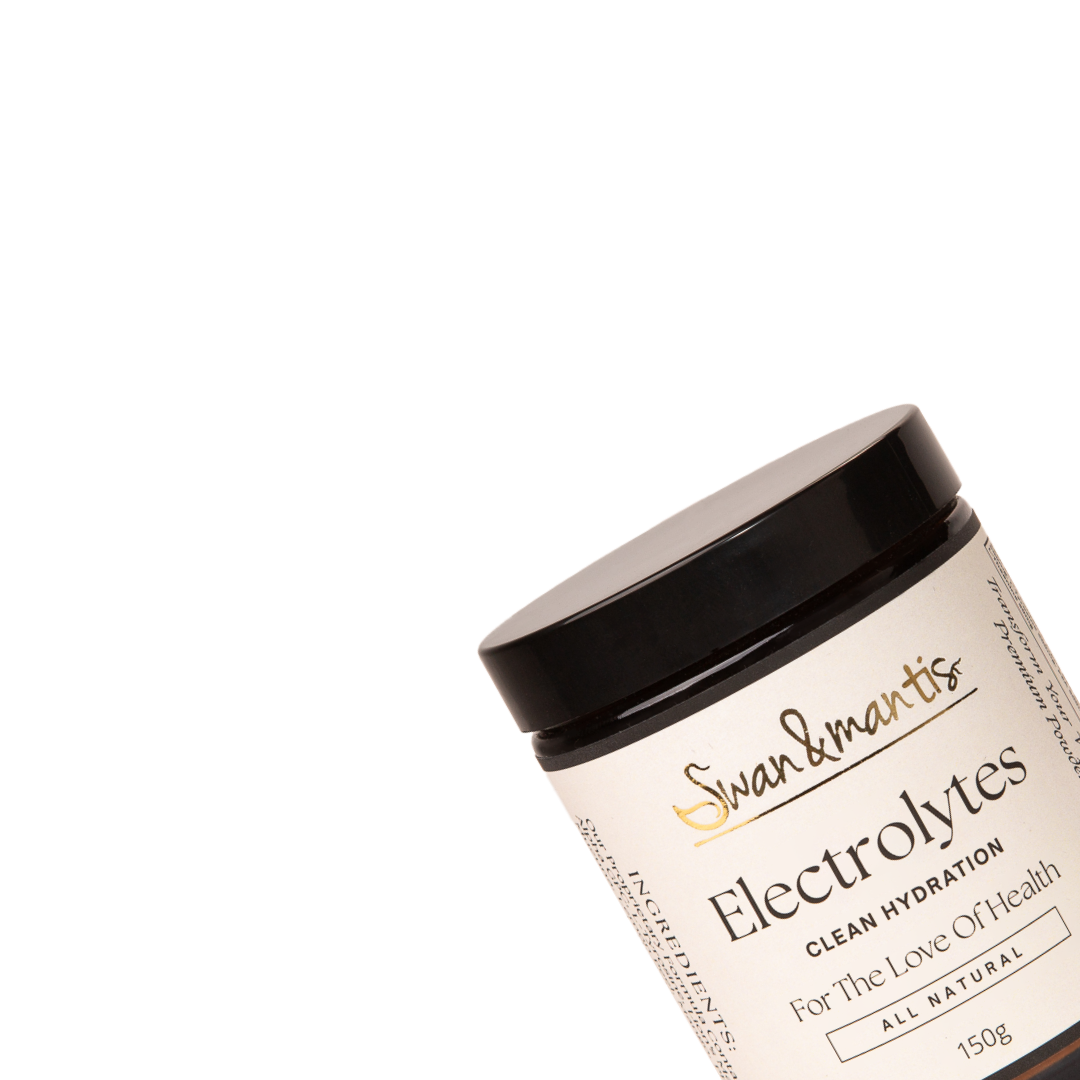Doctors' Solutions Simply Will NOT Fix Your Health Problems
It's summed up nicely in a single line of the modern version of the Hippocratic oath administered by medical schools:
"I will prevent disease whenever I can, for prevention is preferable to cure."
This single line highlights the root cause of most problems facing doctors practicing medicine in the US today. The current medical system, from the FDA to big pharma, from insurance company policies to government policy – ALL of it is set up NOT to nurture the kinds of sensible lifestyle changes necessary to truly prevent disease.
The system is set up to sell the quick fix, what they label the so-called "cure". Only in many cases, the "cure" merely adds new problems to a patient's list of complaints.
The business of being a doctor in this country has been reduced to being the front man for a multi-billion dollar drug business whose primary mission seems to be enriching their bottom line by keeping you sick The average American now fills 12 prescriptions a year, which means for every person filling zero prescriptions there is an American somewhere filling 24.
According to the latest statistics from 2009, not even children are spared from excessive drugging, and seniors are taking a downright frightening number of medications. The average annual prescription rate for children and seniors in the United States is now:
- Almost 4 prescriptions per child (age 0-18), and
- More than 31 prescriptions per senior, aged 65 and over!
These days, the initial assault to your health comes from all around you: The water delivered to your doorstep is filled with harmful chemicals, our food chain has been hijacked by Monsanto's pesticide saturated GMO agriculture "foods" that also dominates what we feed to our livestock,
Sugar and artificial sweeteners, found in almost everything these days, are other health destroyers that are pervasive in our food supply. .
And when you're finally sick enough to see your doctor, after years of this daily abuse, what does he or she tell you?
They Want You to Take a Pill
That's practically the only advice left for doctors to give, between the pressure put on them by the insurance companies to keep office visits brief and inexpensive, and the pressure put on them by the drug companies to push their pills.
And the pills the doctors recommend to you are backed up by "studies" that are funded by the drug industry. And the FDA uses these drug industry-funded "studies" to put their rubber stamp of approval on just about anything sent down the pike.
With the vast majority of physicians using the drug model described above, an enormous level of frustration is inevitable, as virtually none of their recommendations ever solve the problem. It merely treats the symptoms and causes other side effects.
So it doesn't surprise me to hear that one third of doctors are unhappy about some aspect of their profession.
They are on the front lines of the largest sustained assault on public health in the history of civilization, and rather than advise patients about the true underlying conditions that lead to health, they are left putting toxic band-aids on gaping wounds. And the doctors (and patients) are frustrated when the wounds don't heal, because the entire apparatus has been rigged to produce continually diminishing health.
Finally, the doctors must continue to work within this model because if they deny a patient any drug that the drug industry-supported "studies" are touting as the "solution", they might be sued for malpractice!
Then there is the peer pressure they receive if they start to adopt natural therapies and are viewed as weird or strange by their professional colleagues.
So take it from me, someone who is both a doctor and has dedicated my life to promoting wellness, the doctors caught in our current the medical system are mostly noble warriors who truly do have their patients' best interests at heart. But the system is rigged against them, putting constraints on their time, their medical options and their livelihood if they try to practice medicine outside of the accepted conventions of the current system.
Today Mass Production Medicine is the Norm
HMOs and to a lesser extent PPOs' main function seems to be maximizing profits, not promoting the health of their subscribers.
One of the ways HMOs maximize profits is known as capitation. Under a capitated system, a doctor is given a set amount of money for each patient. The doctor then uses this allocated amount to cover each patient's tests, treatments and referrals to specialists.
Then, after all the patient's treatments are paid for, the doctor gets to keep what's left.
This sets up an adversarial relationship between doctor and patient, where it's in the doctor's best interest to move as many patients through their office as quickly as possible, in order to maximize their own salary. And with the doctor clearly in a position of authority, the patient is left to accept whatever the doctor tells them.
A doctor should never be put in a position of putting his livelihood on the scales against what might be the best treatment options for a patient. This is a formula designed to create unhappy doctors who are continually frustrated by having to face patients who are receiving less than adequate care.
Another problem with the HMO and PPO model is doctors are paid for the number of patients they see each day. Placing a financial incentive on minimizing time spent with patients is another recipe for poor health care.
The Cost of Malpractice Insurance
Medical malpractice insurance premiums have been rising for decades, despite the insurance industry typically having to pay out only two to three percent of premiums they collect, according to the California Department of Insurance.
In Nevada, an OB/GYN's can expect to pay between $85,000 to $142,000 a year for malpractice insurance, where the average salary for someone in that profession is $180,000.
The financial burden of carrying this insurance is a common complaint for many doctors, and clearly an OB/GYN in Nevada must do very brisk business to even cover their insurance expenses. Once again, setting up a system where each doctor views every patient as a potential lawsuit is not an atmosphere conducive to promoting health. In fact, it is a recipe for inducing frustration, hostility and paranoia
The Real Cost of Government Regulations
Maybe you've had this experience, you go in for a routine procedure and the insurance company, through its powerful negotiating leverage with individual providers, is able to knock off about 90% of what they owe your doctor. Your $8000 bill instantly becomes an $800 bill, which the insurance company pays $700 against and you end up owing $100 out of your pocket. This is why you buy insurance in the first place.
But what about the person going in for that same procedure who doesn't have the big insurance company to negotiate the rate?
Due to government rules and regulations mainly created to reduce Medicare fraud, the laws don't permit doctors offering discounted prices to people who don't receive the "insurance company discount". In other words, that same procedure by law has to cost the uninsured $8000.
The real cost to the insurance company paying for your procedure is $700, and the cost for the uninsured patient is the full $8000.
It's laws and regulations like these, designed by bureaucrats who don't have insight into the practice of medicine, that drive uninsured patients into bankruptcy and limit a doctor's ability to practice medicine. Imagine how much better care a doctor could provide if he or she was able to offer every patient the $800 fee, instead of only those patients fortunate enough to afford insurance?
Perhaps the recently enacted health care laws will level the playing field a little more with regards to these price inadequacies, but even if they do, it will still be an $800 procedure that you probably could have avoided in the first place by taking control of your health.
What You Can do to Protect Yourself
I've long said that the best strategy for achieving health is avoiding a visit to your doctor in the first place. If you listen to only one thing that I say, listen to this.
The more you take responsibility for your own health -- in the form of learning how to nurture your body to prevent disease -- the less you need to rely on the "disease care" that passes for the health care system in the United States.
A system designed to be economically unfair, adversarial and now according to the article above even driving the best and the brightest young people out of the medical profession due to the levels of unhappiness that are becoming commonplace among doctors.


